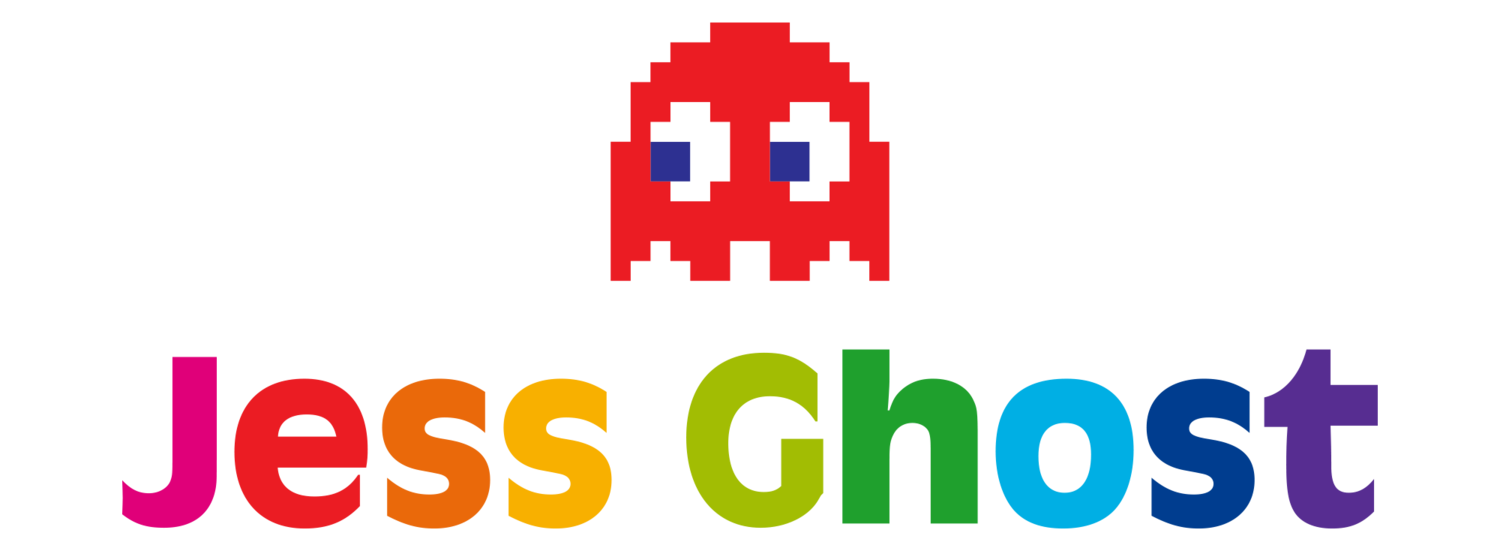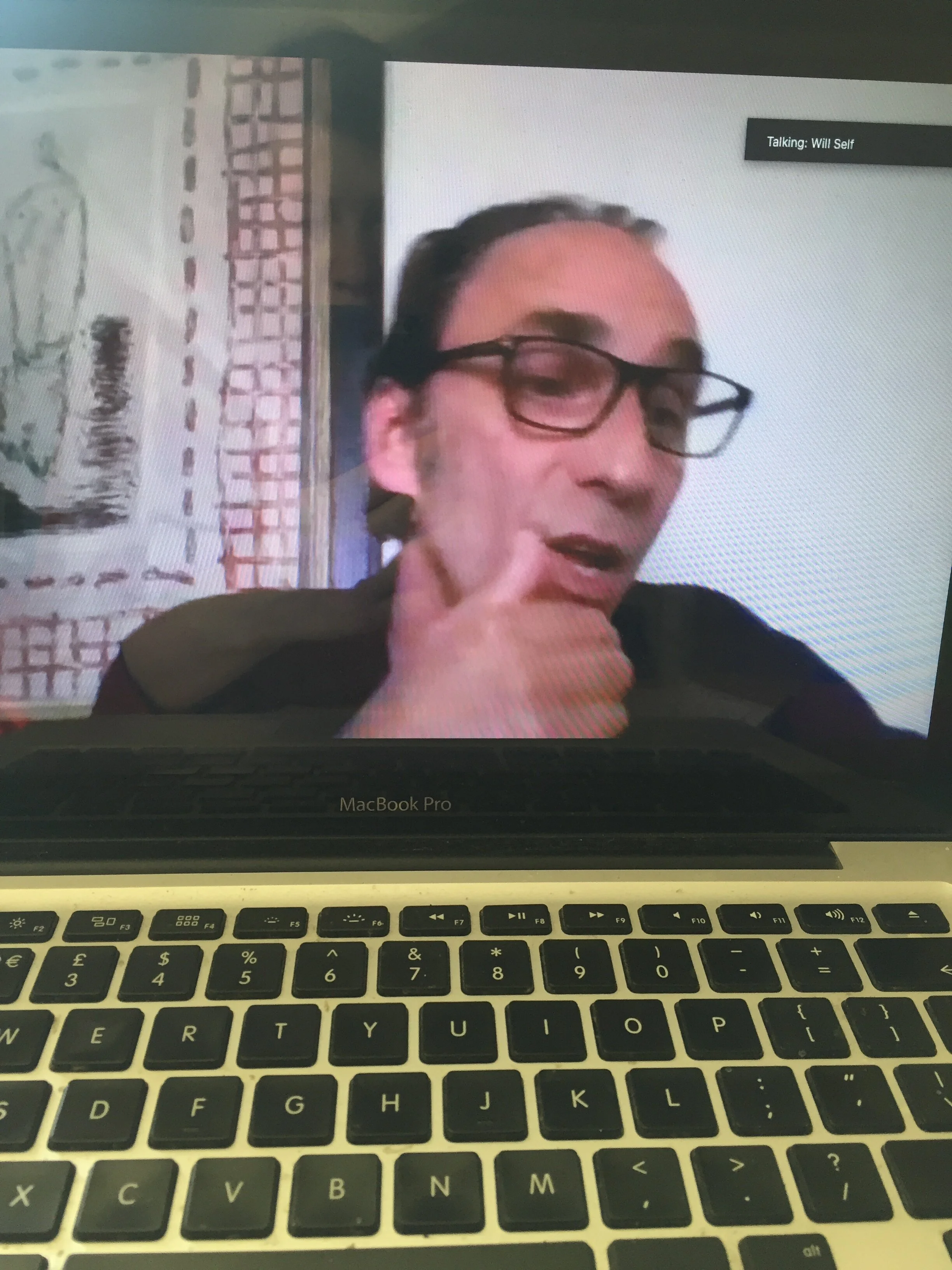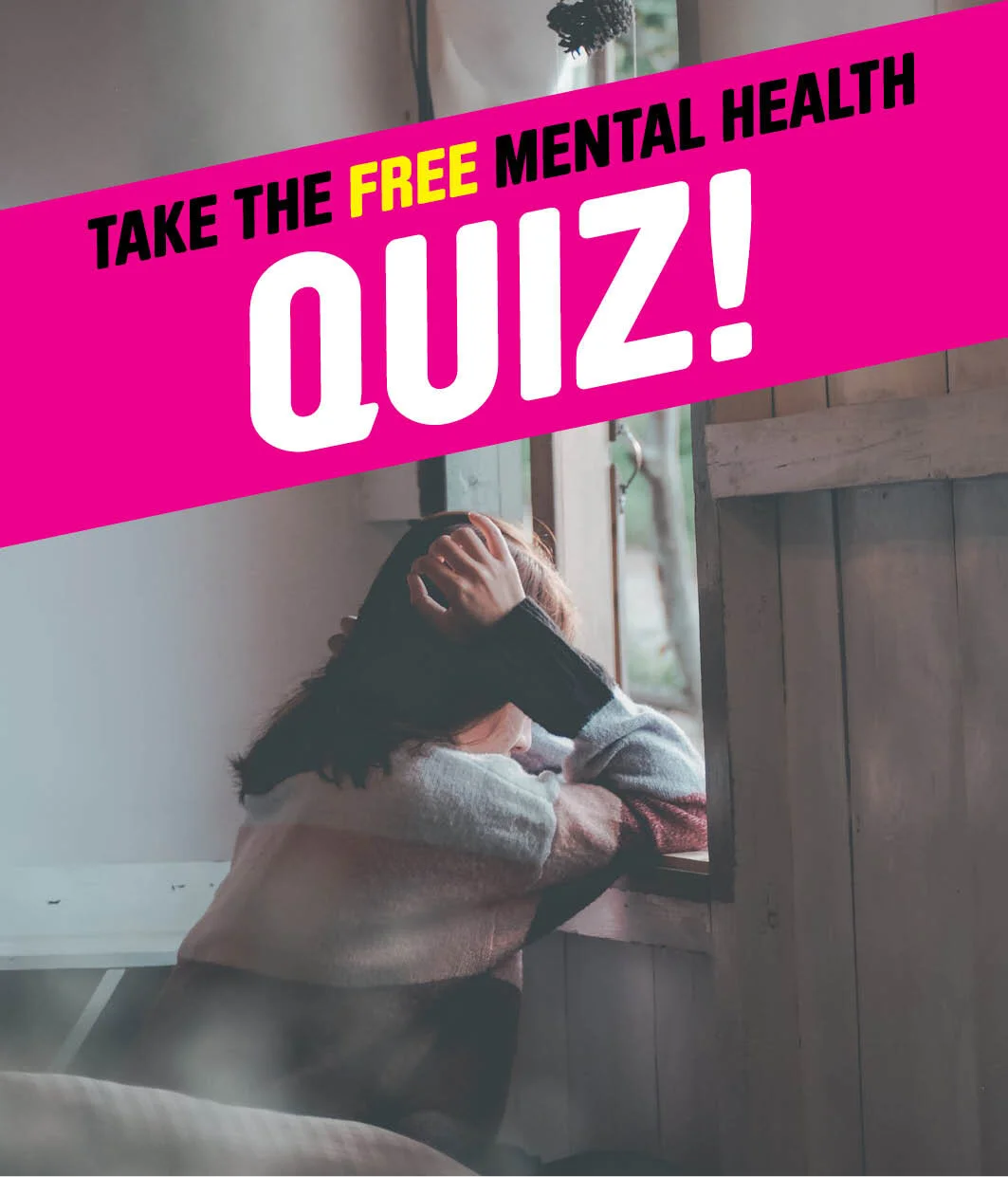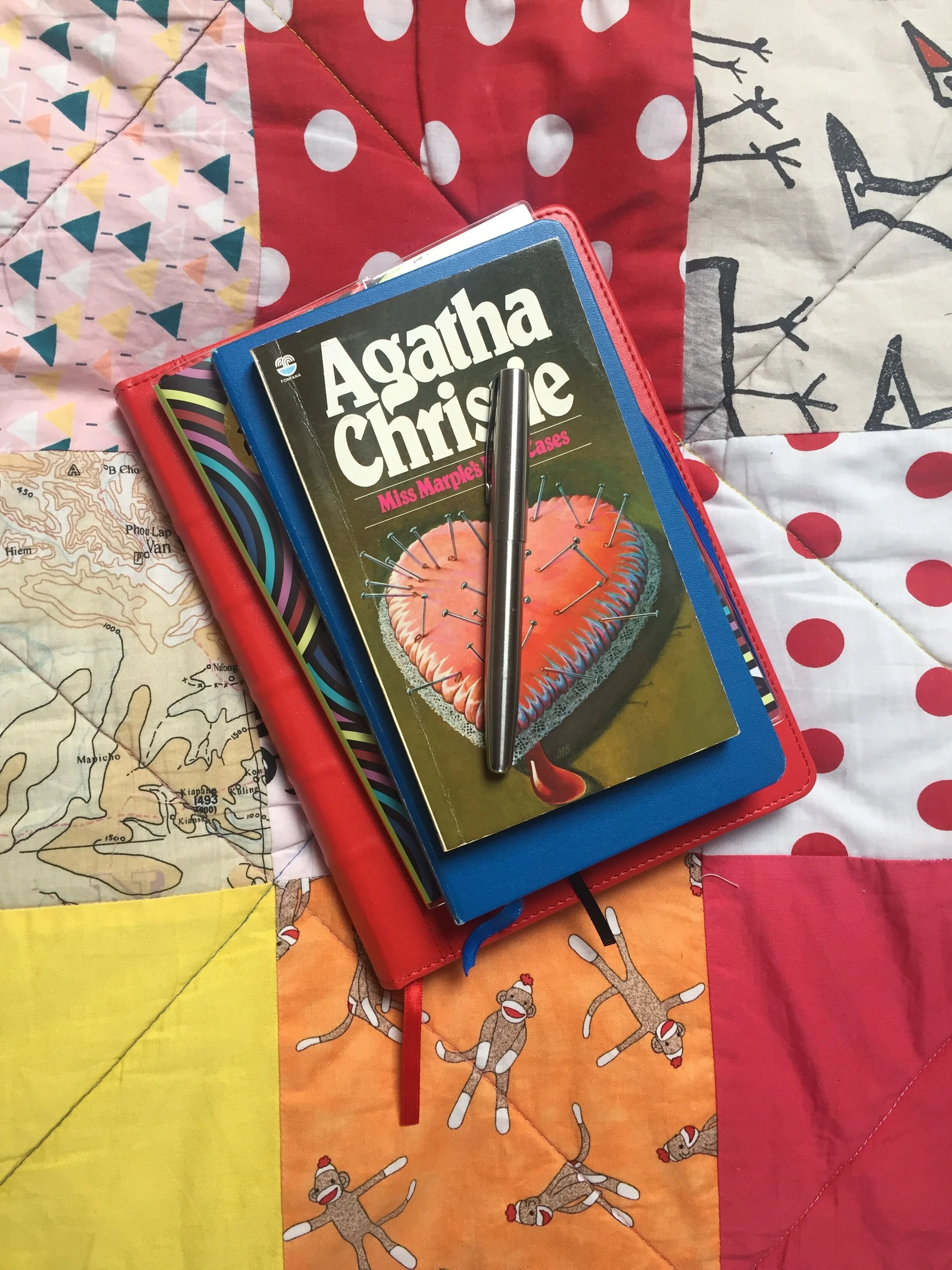Habits: the Analysis
At the start of February I blogged about the regular practices I have that I’ve put in place at some point (most, if not all, prior to COVID), which are there to help me fathom my way through the days. Most of these practices aren’t just good habits that I don’t have to think about and which don’t take any effort; they’re practices that I have to consciously make room for. If I don’t keep them up, I feel myself becoming increasingly unsettled (and then anxious, and so on). They help me keep track and reflect, to live a little healthier and to make conscious choices, and to treat myself better than I might otherwise.
The Micro-Survey
I knew I wasn’t alone in this, and I was curious (read: perennially nosey) about the practices and rituals that others try to embed into their days. What helps people keep themselves together? I set up a survey on Google Forms to find out. Huge thanks to those who did the survey and/or who shared it!
NB. All images/graphs/charts can be enlarged by clicking on them. This might not make much difference on phones, however!
The main bulk of the survey was a long list of items that could be checked, plus anything could be added. In the rest of the survey, people could expand on some areas that they’d checked, or add their own thoughts on their regular practices.
Here’s what I found out:
How many regular practices do people have?
People could tick as many or as few of the check boxes as they liked, and they could add their own items too. The number of options checked ranged from 2 boxes right up to 17, showing the huge range in the number of regular practices that people have. On average, though, people have 7.3 practices they do to keep themselves ticking over. The most common number of practices to have was 6. And if all the respondents were lined up in order of how many practices they said they had, the person in the middle would have 7.
From the chart above, you can also see that there are spikes of people with 9 and 11 regular practices, and as many people have 3 practices as have 11.
My sample size was pretty small (40 people), but it’s interesting to simply see that people do make conscious choices to do particular activities to benefit their mental health, and that more than half have 7 practices or more.
Of course, there are no value judgements to be made about how many or few practices people have: whether someone has 4 practices or 14 is neither good nor bad. It is noteworthy that the person who had 2 practices wrote, “You've made me realise how little I actually do to look after my MH [mental health]!” On the other hand, having few practices could indicate that someone’s life is running very smoothly (potentially after lots of hard work to get to that point, but not necessarily) and that activities that take effort for some people are seamlessly embedded into their lives. I’m labouring this point, but only to make it clear that there is no assessment here of anyone being ‘good’ or ‘bad’ at managing their life.
The Big Picture: What practices do you do on a regular basis for the benefit of your mental health?
I was mainly interested in how people use practices consciously to give themselves structures that help their lives on a daily or weekly basis. (This is a flawed list, naturally, and you can read all about why in the “disclaimer” section further down.)
If I’d had to guess beforehand, I would probably have said that meditation, exercising and socialising (in whatever form is possible given lockdown) would be the top practices. I was and wasn’t surprised by the actuality:
I hadn’t expected there to be such a lot of ties for the most and second-most common practices. Over half of the people responding make getting outside and into nature for its own sake a regular part of their lives, and the same number prioritise exercise, too. These two activities are not synonymous: many people checked going outside without also checking exercise, and vice versa. The mental health benefits of both are well documented and publicised, and given that many of us have been much more limited to our homes since last March, it makes sense that both activities have become priorities for a lot of people.
It did surprise me that doing creative projects was ticked just as much as those two, and it’s a very heartening statistic, especially as successive lockdowns and the reality of the pandemic have led to a lot of creative blocks for people.
“Reading for pleasure/interest” is a bit of an anomaly here, and I’ll cover this more in the “disclaimer” section, but it’s clearly a bias of mine that it’s in the checklist at all! That said, more people checked it than checked “Taking time to relax”, which makes me wonder if reading is more complex or important than simply being a relaxation activity. This will also come up in the next section, but I’m keen to hear any thoughts on this.
One surprise was that meditation is not as widely practiced as I expected, given the prevalence of information on how helpful it is and probably my own perception of that prevalence due to my social media algorithms (as I constantly see adverts for various meditation apps). I was also surprised by “maintaining sleep hygiene” being low down the list, but on reflection it’s impossible to know whether people just aren’t prioritising sleep, or whether it’s such an easy habit for them that there’s no point in them checking it.
It’s very interesting to see that half of people make regular plans to see or speak to friends (whatever that looks like currently), but just over a quarter of people make plans with family members. I wonder to what extent COVID has affected these dynamics, if at all?
What are the specific activities people do when they’re relaxing, exercising or creating?
I asked people to expand on a few of the items on the checklist.
What does relaxing look like to you?
As I mentioned above, for whatever reason I included “reading for pleasure/interest” on the main checklist. Because of that, if people specified reading here, I added it to the main checklist instead (if it hadn’t already been checked) and didn’t include it here. If I had added reading here, it would be off the chart, at 57.5%, which is almost three times as popular as watching TV!
Apart from watching TV and films, gaming and baths (hello, fellow bath fans!), the percentages for the activities were relatively low, perhaps showing that there are a wide range of different activities people do that are unique to them, or that a flaw in the survey was that I didn’t have other relaxation activities on the checklist. No doubt “Listening to music” in particular would have had more responses if I’d added it to the main checklist, or if there’d be a subsidiary checklist.
It was interesting to see that taking time to be alone was a priority for people, and this especially makes sense for those living with others during lockdown, particularly if they have children, or if their jobs require a lot of phone calls or virtual meetings.
What types of exercise do you do?
It’s no surprise that walking is the top activity people do to get exercise. Even though I’d framed the “Get into nature/go outside” item on the main checklist as “for its own sake, rather than for the purpose of exercise”, it’s obviously the case that doing both at once is possible (and this holds true for other types of exercise too).
Walking outside or in nature is also a form of relaxation exercise for many, so it’s a flaw of my survey that I’ve just put it in this section. Walking a dog, in particular, might be more exercise or more relaxing depending on the dog, the time of day, the weather, and many other factors.
Running was by far the next most popular form of exercise which will surprise no one who’s been outside at all: joggers are everywhere. For those who are able, running is very accessible and is also the exercise that can get people fitter most quickly. It is also clear that people are missing swimming. Hats off to those people who specifically mentioned that they do cold/open water swimming!
What creative tasks or projects do you do?
A quarter of people do some form of creative writing, not including those who specified poetry, which is an incredible amount. I was also impressed by the number of people who make music, whether on their own or in collaboration with others. I really like imagining people doing their visual and textile arts activities, which also accounts for quite a large proportion of people once those different areas are mentally tallied together.
Evidently, creative processes are really important for over 50% of people, and it’s interesting that people prioritise making and creating over something like journalling, which 12.5% of people said they did regularly.
Is there anything else you’d like to add or specify? Feel free to say how effective or how important you find your regular practices.
I can’t post every comment people made in this section, because there were so many! There were some common themes though:
Some people stressed the importance of plans/lists, which help them manage their time and enable them to feel a sense of achievement about what they’ve done.
These plans can cause a positive knock-on effect for some people: if they go for a walk, they’re more likely to engage in other acts of self care; if they’ve journalled, they’ll remember to take supplements. It’s almost as if acts of self care beget more acts of self care! By doing certain things, especially in the morning, the rest of the day might be better.
For others, things work the other way round: their mental health tends to dictate whether they eat well or spend time on creative pursuits.
Some people feel sad or bad about things being that way: they struggle to create formal routines (I hear you!), especially with making new ones for various COVID lockdowns. For some, it’s hard to find the time even to make a routine, let alone follow the activities on it, or they find they can’t “make it stick” after a few days, and let it go.
On the other hand, a couple of people mentioned that routines and practices have been very helpful during successive lockdowns, when they’d previously never had specific ‘rituals’.
I’m amongst those who said they feel much more stressed if I don’t do certain practices: one or two missed practices on one day isn’t ‘bad’, but if those build up, then it has a bigger effect on mental health.
My favourite comment: “It takes time and bravery to give time to yourself and not feel guilty.”
Necessary Disclaimers and the Huge Limitations of these ‘Findings’:
This is a very flawed micro-study. I’m no sociologist or statistician and I’ve had zero training in research methods or any of that important stuff.
For a start, while I didn’t ask for people to focus on their habits and practices in the age of a pandemic, obviously answers were going to be based on the here and now, and that means that the activities or rituals people do could be quite different from those they do in their non-pandemic lives. For example, only one person mentioned travelling (and planning travelling) as being important to their wellbeing, and no one mentioned going out to restaurants, cafes, galleries, museums and such, even though such things might well play a part in relaxing or making us feel connected. Right now, the interiority of our lives has been cranked up to its maximum possible setting, and it’s difficult (and perhaps even painful) to imagine what we used to regard as having importance as a regular fixture, or just something to look forward to.
Another flaw is obviously my own biases in the questions I asked and what I included in the opening check box section. As I mentioned previously, I have no idea why I included “reading for pleasure/interest” as a check box when that activity could fall under “Taking time to relax”. If I included reading, why didn’t I also include ‘listening to music’ as a checkbox? Perhaps because I (somewhat improbably, I know) read more than I listen to music, though that doesn’t account for the fact that I frequently listen to podcasts throughout the day, yet haven’t included those on the checklist either.
Thirdly, and following on from this, I’ve kept some practices to one section (relaxing, exercise, creativity), but who’s to say whether they belong in one or another or in multiple categories? Certainly not me. Walking could be exercise, or it could be a relaxing activity, or it could be both. Similarly, cooking could be a creative activity as well as a relaxing one (along with many of the practices people named as their creative pursuits). Gardening could fit into all three areas! I’ve blunted the nuances of all these and shoved each one into a single category, just for the ease of visualising the information.
My Take Aways
Since collecting responses and finding out what others put in place to guide their lives, I’ve been inspired to do quite a lot of tinkering with my own daily schedule.
I’m now running regularly, and I’m fundraising for the University of Sheffield’s research on Parkinson’s Disease to keep me accountable. (Donations of any size would be gratefully received: it’s a fantastic cause.) To support my running, I’m back to doing yoga every day, which will hopefully keep my shin splints and sore knees at bay, or at least help manage those conditions. That’s how I make myself do it, anyway, but the benefits are much greater than that. I’m also trying to reach at least 5,000 steps a day, so that means going for a walk on the days that I don’t run.
I’ve also become a bit cleaner and tidier! I mentioned the importance of washing up in my previous post about habits, but now it’s become more of a formal practice, meaning I rarely get up in the morning to a pile of washing up to be done or surfaces to be cleaned.
The app Fabulous is helping me to set up more routines too, and that’s making me form regular habits. It’s made a particular difference to my evenings, enabling me to get to bed earlier, sleep better, and get up earlier. (I recommend getting it, signing up for a free trial of the “premium” version for a week, and instantly cancelling it. You can set up a lot of additional tasks in the premium version that it won’t let you add if you have the free version.)
I still find it incredibly hard to switch off and do “non-productive” activities. Baths are one of the only ways I can achieve this, but perhaps the app can help me with that too. We will see.
If you’ve changed, added or removed any habits/practices/rituals since thinking about your own, I’d love to hear about it. Get in touch in the comments, or via social media, or through the contact form.






